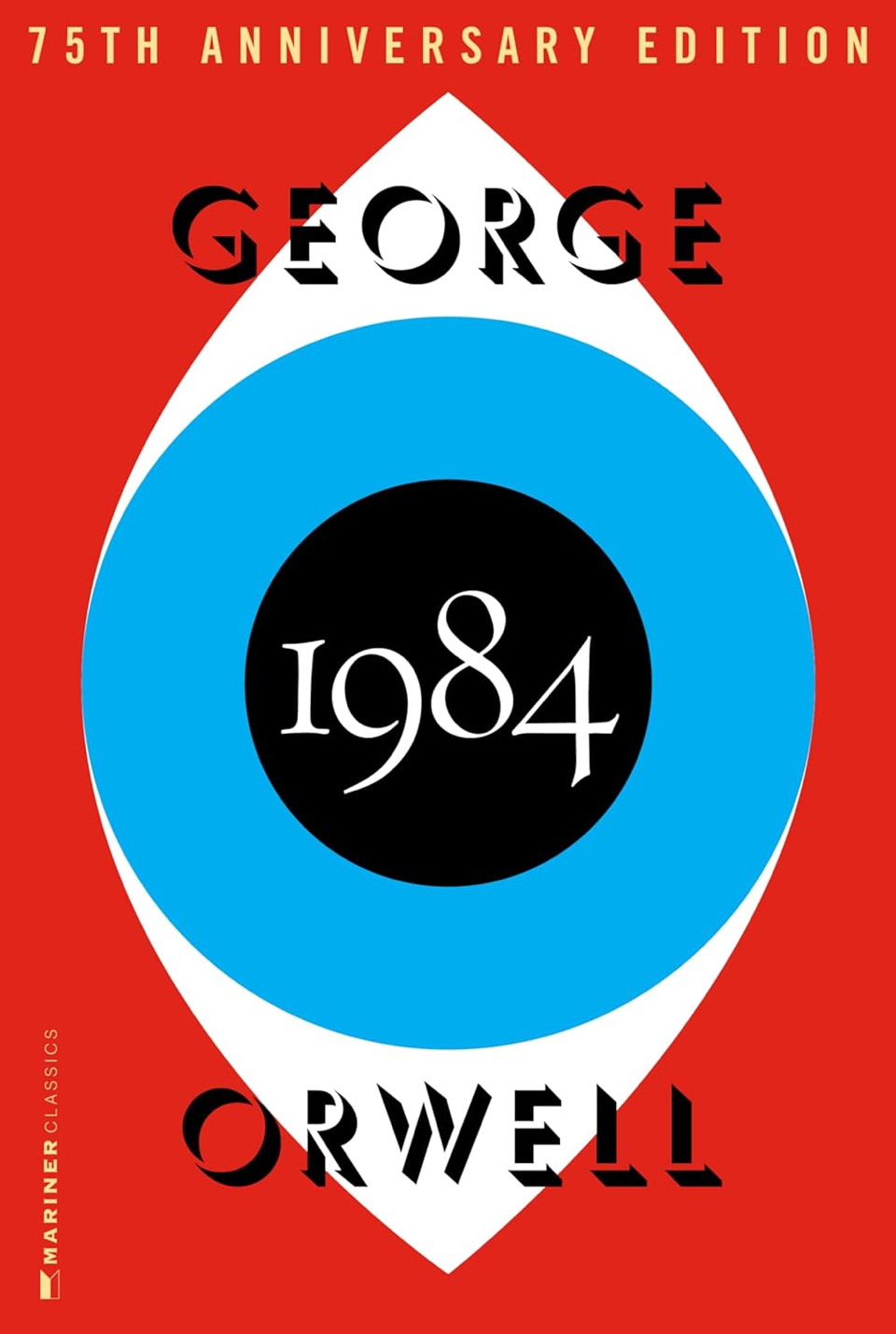
1984
George Orwell
Dystopia
George Orwell’s seminal work, *1984*, presents a chilling dystopia set in a totalitarian regime that surveils and controls every aspect of its citizens’ lives. Through the protagonist, Winston Smith, Orwell masterfully employs a crisp, clear narrative style tinged with rich symbolism and psychological depth. The portrayal of a world governed by perpetual war, state propaganda, and thought control serves as a powerful indictment of authoritarianism. The novel’s literary context is rooted in the socio-political upheavals of the 20th century, particularly the rise of fascism and communism, which Orwell critiques through his imaginative yet haunting dystopian lens. George Orwell, a former colonial police officer, experienced firsthand the complexities of power, oppression, and social inequality, elements that profoundly influenced his writing. His commitment to social justice and political awareness emerges from his diverse experiences, including fighting in the Spanish Civil War, where he witnessed the manipulations of truth and reality by totalitarian forces. These lived experiences catalyzed his exploration of themes like surveillance, freedom, and individualism in *1984*. For readers seeking a thought-provoking journey into the mechanics of totalitarianism and the fragility of reality, *1984* is an essential read. Orwell’s masterful blend of psychological insight and prophetic vision compels us to confront our own societal structures and the ever-looming possibilities of oppression, making this work not only a literary classic but also a relevant contemporary warning
